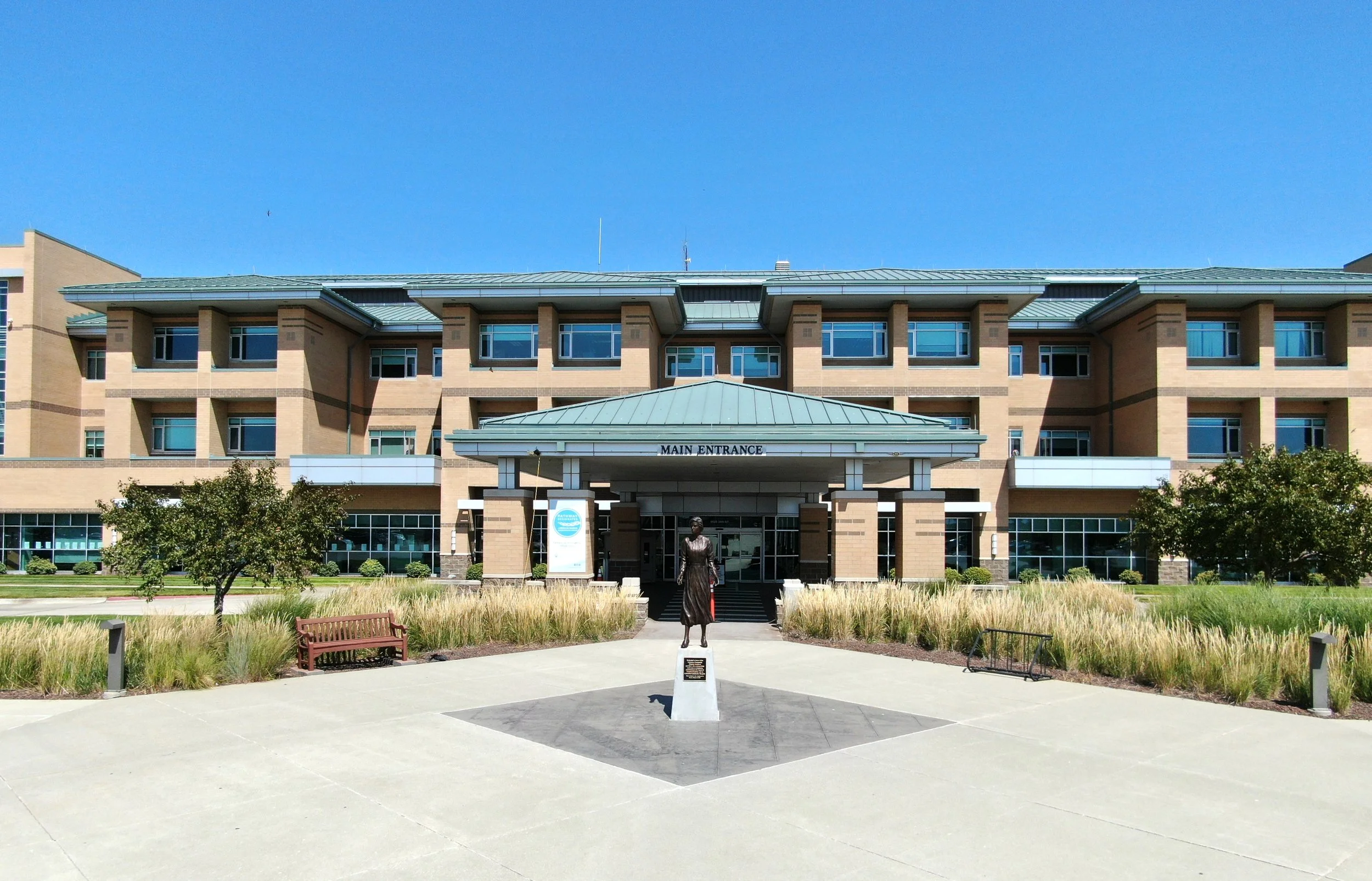Protect Your Children — Practice Medication Safety
The Centers for Disease Control and Prevention (CDC) reports that approximately 35,000 young children visit the emergency room each year because they got into medicines that were left within reach. That’s why Columbus Community Hospital encourages community members to keep all medications up, away and out of sight.
Children are curious and put all kinds of things in their mouths. Even if you turn your back for less than a minute, they can quickly get into things that could hurt them. Pills and candy can look, smell and even taste similar. By keeping all medications, vitamins and supplements out of reach, you’re helping protect your kids from accidentally getting into a medication because they think it’s candy.
“Life gets busy and often hectic, which could result in us not storing our medications as we should,” said Josh Jaeger, pharmacy director for the hospital. “Take a few minutes today to review your medication administration and storage, while creating a system that helps keep you and your family safe.”
You don’t have to be a medical professional to practice medication safety. Consider these simple steps to incorporate at home:
Store medicine in a place your child cannot reach.
Never leave loose pills or liquid medicines out on a counter, table or child’s bedside — even between doses.
Keep the medicine in its original child-resistant containers, and always relock the safety cap.
Teach your children about medication safety.
“This is not just a theoretical risk — it’s something I have experienced numerous times throughout my career as an emergency room physician,” said Dr. Mark Howerter, chief medical officer for the hospital. “The common response to these instances is, ‘I was only out of the room for a minute.’ However, the remorse these adults feel is intense. It’s better to stay cautious and not be in a hurry.”
If you think your child might have gotten into a medication, vitamin or supplement, call Poison Help 24/7 at 1-800-222-1222 or visit poisonhelp.org.

